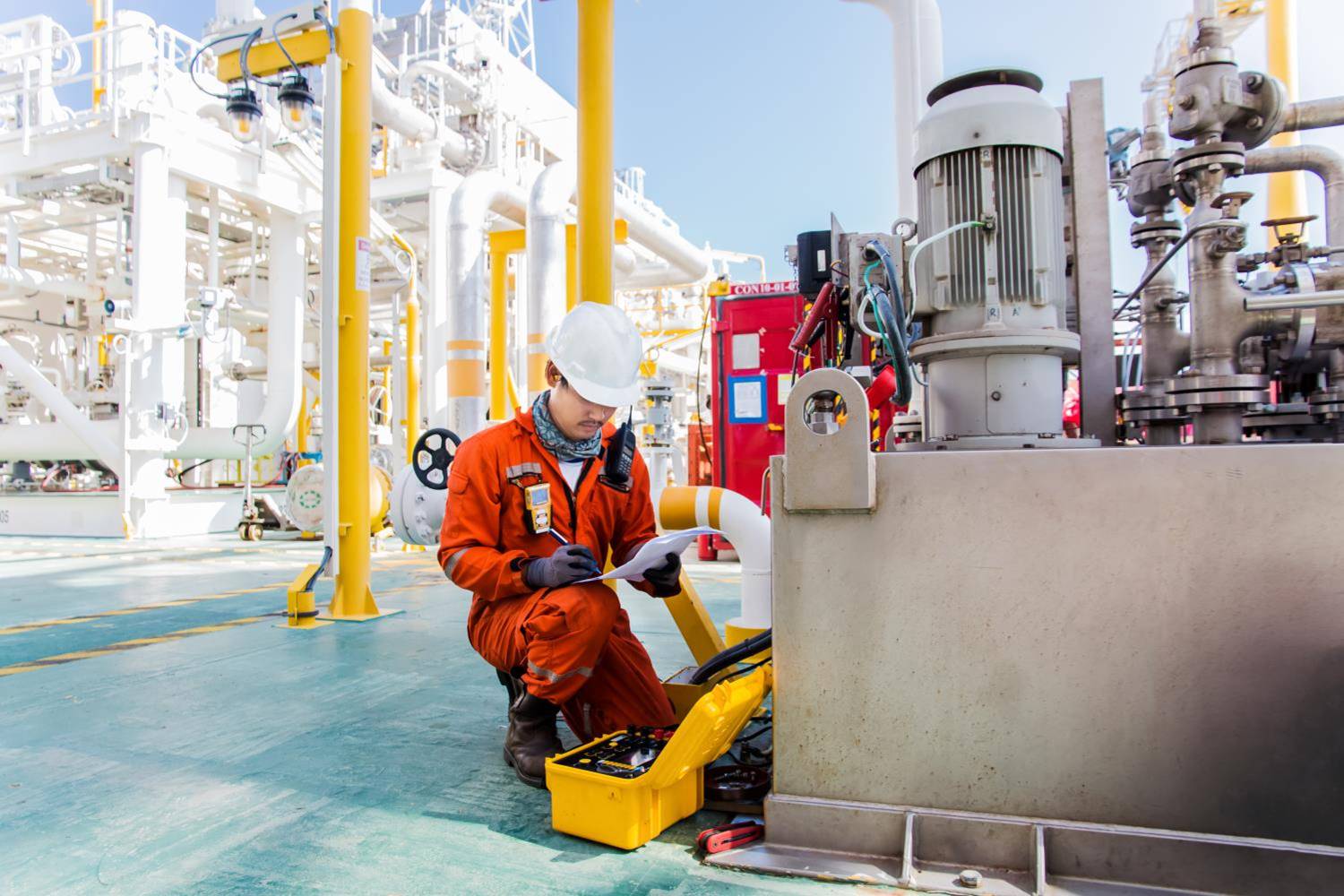
Powered & Non Powered Bogie Assembly
Precision in Motion High-Performance Bogie Systems for Modern Rail Vehicles At SAINI, we specialize in the design and manufacture of


At SAINI, we believe in creating opportunities that inspire growth, innovation, and excellence. Beyond offering a platform for your career, we are actively looking for promising talent with the vision, skills, and passion to make a difference- the driven individuals with the potential to add value and help us redefine what’s possible.

Precision in Motion High-Performance Bogie Systems for Modern Rail Vehicles At SAINI, we specialize in the design and manufacture of

Precision in Motion AC and DC Traction Motors for Locomotives, EMUs, DEMUs and Maintenance Vehicle. SAINI Electrical is a trusted

Precision in Motion High-Efficiency Alternators for Railway Traction Systems SAINI Electrical is a leading manufacturer of traction alternators for diesel-electric

Precision in Motion Reliable Cooling Solutions for Locomotives and Rail Systems SAINI Electrical designs and manufactures complete engine room blower

Precision in Motion Reliable Auxiliary Motor Solutions for Trains, Metros & Locomotives SAINI Electrical manufactures a wide range of auxiliary

Precision in Motion Durable Power Solutions for Diesel-Electric Locomotives & Coaches SAINI Electrical offers a high-performance range of auxiliary generators

SAINIs asynchronous motors can be used in a wide range of industrial applications. These motors are suitable for OEMs to build into compressors, blowers, pumps, gearboxes, general machinery, conveyors and other applications. SAINI motors are tailored built to customer and application specific solutions that are manufactured to order.

SAINIs asynchronous motors can be used in a wide range of industrial applications. These motors are suitable for OEMs to build into compressors, blowers, pumps, gearboxes, general machinery, conveyors and other applications.

SAINIs Drivetrain for Electric Vehicle SAINI’s portfolio includes powertrain technology for electric vehicles in Passenger Car, Sports Utility Vehicle (SUV) and Light Commercial Vehicles (LCV) segment. SAINI’s ultra high efficient

Saini designs & manufacturers special purpose marine asynchronous motors and new generation PM Motors and/or its assemblies. SAINI motors comply with all shipyards, ship builders, ship owners and OEMs of

Impregnating Varnishes and Resin: SAINI offers Impregnating varnishes and resin for equipment’s of rail-vehicles and other industries to serve the diverse needs of customers’ worldwide. We are the leaders in

At SAINI, we specialize in delivering high-performance solutions tailored to the demanding needs of the aerospace industry. Our expertise lies in tooling, precision component manufacturing, and the creation of robust

SAINI offers comprehensive range of services that covers repair and overhaul of low and high-voltage motors. Our extensive service network

SAINI offers enhanced service options viz. redesign and upgrade for Motors and Generators. Our value added services allow the customers

SAINI offers rehabilitation services for Eddy Current Brakes (Baylor ElmagcoTM) that are used worldwide on both land based and offshore

SAINI provides overhaul and repair services for AC & DC Generators, both Brushless and Slip-ring type. The company has the

SAINI offers static as well as dynamic balancing services for rotating equipment’s of capacity upto 15 Tons. The services offered

SAINI offers overhaul and complete rehabilitation services of Motorised & Non-powered Bogie/Truck Assembly Mass-transit industry worldwide. The company offers packet

SAINI offers repair/rehabilitation services of Traction Motors for Mass-transit industry worldwide. The company has grown to be India’s leading service

SAINI offers repair/rehabilitation services of Traction Motors for Mass-transit industry worldwide. The company has grown to be India’s leading service

SAINI offers repair and overhaul activities for Auxiliary equipment’s – Blowers, Motors and Generators of rail vehicles for train operators

SAINI offers rehabilitation services of smoothing reactors for mass transit industry worldwide. These equipments are refurbished as per customer drawings

We at SAINI offer a complete platform for customized service agreements for Rolling stock equipments and Industrial machines (Motors and Generators). Comprehensive solutions provided by us offer reliable plant care

SAINI offers an extensive range of maintenance services for Rolling stock equipments and Industrial Machines (i.e. motors and generators). The principal objective of maintenance programs is to optimize the life

SAINI offers on-site repair activity that delivers the fastest turnaround you need. The company is equipped with teams of experienced engineering personnel and technicians to cater the problem in case

SAINI offers consultancy services for equipments such as motors and generators. Our broad range of engineering support services include: Our technical support team allows you to instantly get in touch

SAINI offers spares and consumables for equipment’s manufactured by SAINI and OEMs for which SAINI is an authorized service provider. The company also offers replacement parts for other Electro-Mechanical Equipment’s

SAINI offers Installation and Commissioning services of Motors and Generators for a wide range of Industries such as Cement, Power and Steel, at Oil refineries and Drilling rigs and many